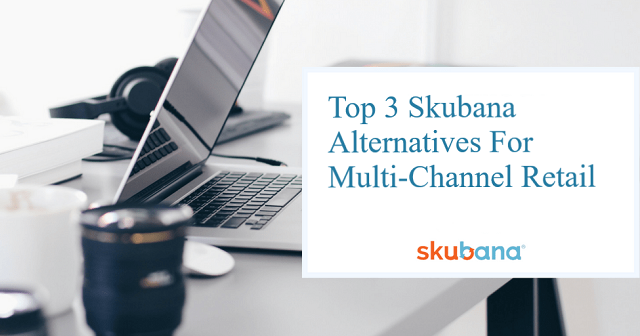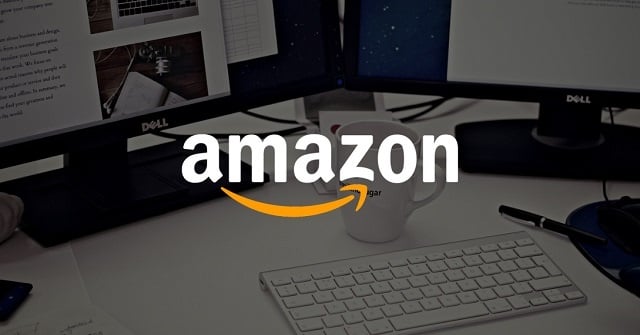
Last February, FedEx took the retail world by storm when they announced the launch of FedEx Fulfillment, its answer to Amazon FBA. FedEx Fulfillment is an ecommerce fulfillment and inventory management service meant to help small and medium-sized retailers fulfill orders from multiple channels.
With the exception of Prime, FedEx Fulfillment seems like a replica of Amazon FBA. But is FedEx Fulfillment a good alternative to Amazon FBA? Is it a threat to Amazon’s fulfillment program? Read on to see if FedEx Fulfillment is right for your business.
Advantages of FedEx Fulfillment
FedEx Fulfillment gives multi-channel sellers another option if they feel limited by FBA fees and requirements. Retailers will be able to store their inventory at FedEx warehouses, and FedEx Fulfillment will handle the whole order fulfillment process, from warehousing the products, packaging and delivery to online returns.
Amazon still relies on shipping partners, including FedEx, UPS and USPS to deliver orders to customers. When you use Amazon Multi-Channel Fulfillment (MCF), Amazon fulfills the order and selects a carrier for delivery. Amazon gets huge discounts from its shipping partners, but these savings are only passed on to you if you sell products on Amazon.
In other words, if you use MCF to fulfill non-Amazon orders, your costs will be higher. Also, keep in mind that selling through FBA exposes your sales numbers to Amazon. With FedEx Fulfillment, you can cut out the middleman and have greater flexibility, privacy and control over your sales and inventory, with less restrictions and prying from Amazon.
FedEx Fulfillment allows you to price items lower when you sell on other marketplaces. Sellers could also offer more shipping options, such as second day or next day shipping. Finally, FedEx does not compete with its customers, compared to Amazon which prioritizes its own inventory and Prime-eligible items.
FedEx Fulfillment will empower multi-channel sellers and enable even the smaller sellers to provide lower prices on other marketplaces. Amazon may soon see competitive pricing from eBay, Walmart and Jet.
Things to Consider Before Switching to FedEx Fulfillment
Amazon is still the top dog in ecommerce and the most trusted marketplace in the US. The Amazon Buy Box already favors sellers using the FBA program, so if you’re a seller using FedEx Fulfillment, you can expect lower conversions because of the competition.
The biggest difference between FedEx Fulfillment and Amazon FBA is Prime - the opportunity to highlight your products as Prime-eligible to the highest online spenders. You will either need to be an FBA seller or fulfill using Seller Fulfilled Prime.
Some industry watchers believe FedEx Fulfillment is in no way a competition to Amazon FBA. After all, FedEx has chosen not to disclose their pricing, and instead opted for a “variable fee structure” so it’s unclear whether or not FedEx Fulfillment is actually cheaper than FBA. FedEx will also take time to scale.
Amazon is also building out its own delivery systems and logistics infrastructure to one day eliminate the need for its shipping partners, which in turn, could mean lower shipping costs for FBA sellers.
The Bottom Line: More Options, More Flexibility
Given its speedy counterattack to Walmart’s 2-day free shipping offer, Amazon is known to react swiftly when it perceives a threat. So far, there hasn’t been any price drops in FBA storage fees. Perhaps, it is more helpful to see FedEx’s offering as supplemental fulfillment option - rather than a replacement - to FBA.
With this alternative, sellers can explore different fulfillment methods, pricing tactics and marketplaces, thus informing their multi-channel strategy to better fit their needs, budgets and goals. High volume sellers definitely need more flexibility and control, but the more options you have, the more complex your operations become.
Fortunately, Jazva offers powerful features that help retailers simplify multi-channel ecommerce. Integrated with leading carriers and marketplaces, Jazva is the best alternative to custom software, giving you everything you need to run your business at ⅓ the cost of ERP systems.










